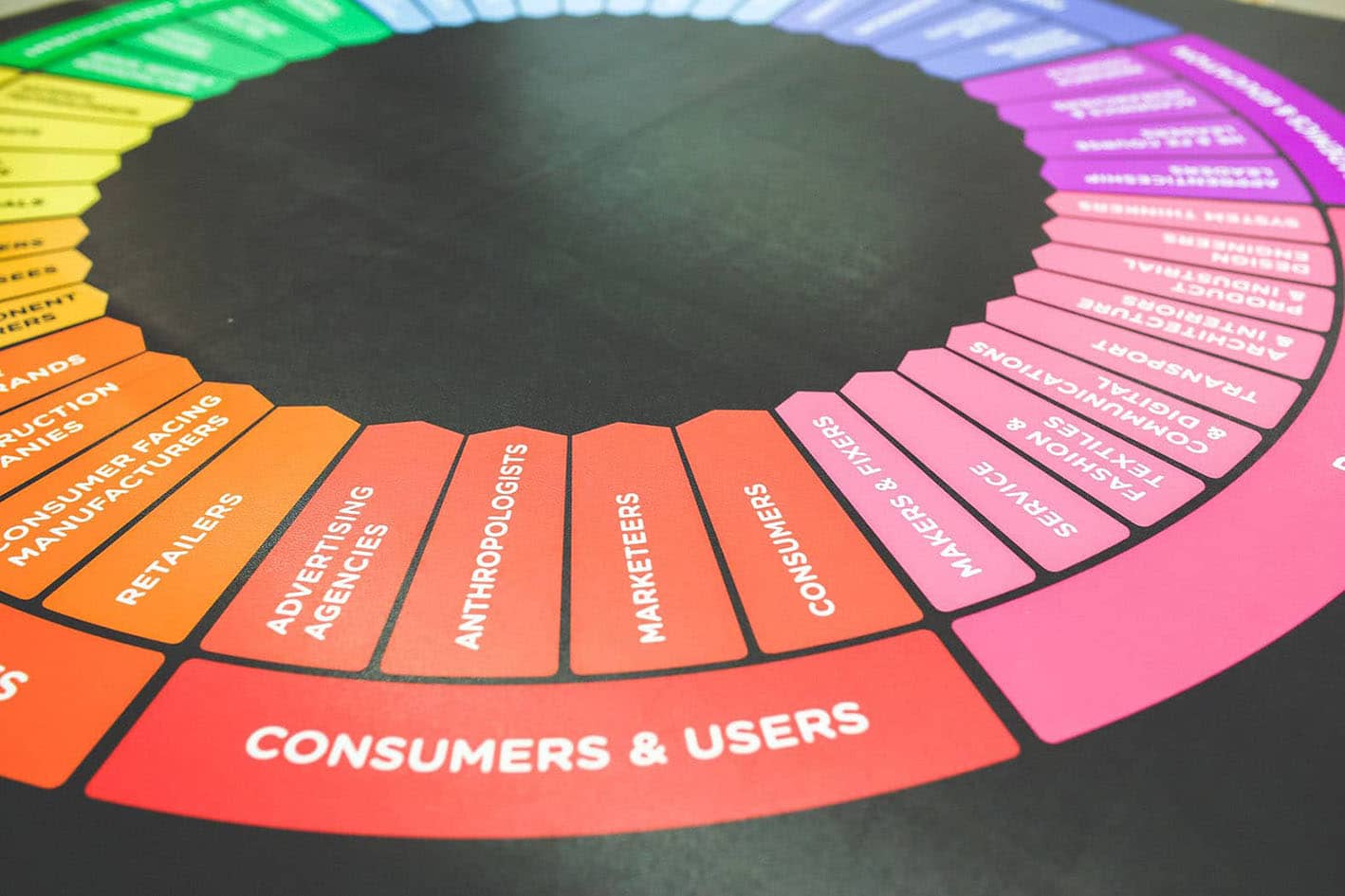AMA Frazer Thompson Chapel Down Founder | Vestd
Believe it or not, the South East of England is the UK's sunniest region, and it produces some of the finest wines in the world.
Manage your equity and shareholders
Share schemes & options
Equity management
Migrate to Vestd
Company valuations
Fundraising
Launch funds, evalute deals & invest
Special Purpose Vehicles (SPV)
Manage your portfolio
Model future scenarios
Powerful tools and five-star support
Employee share schemes
Predictable pricing and no hidden charges
For startups
For scaleups & SMEs
For larger companies
Ideas, insight and tools to help you grow

Last year tested all of our work/life balance coping strategies to the max. Catherine’s brilliant app Thirdshift, allows you to assess the distribution of tasks across a household, to ensure that everybody chips in and everybody gets a break.
We sat down with her to find out a bit more about how it works and why she set it up.
Tell us a bit about your company
At ThirdShift, our goal is to create generational change by disrupting how families work and stay connected so that every person has the freedom to find their purpose.
The Nuclear Family is fundamentally under-resourced, making it easy for things to become unbalanced. Households with small children involve over 100 hours a week of housework and care work, which is too much for two people.

Managing careers, housework, kids, relationships and finding time for yourself while remaining connected with your partner, is hard.
This is a really complex problem to try and solve, and we’re experimenting with lots of different approaches to see what works best.
Our tools aim to help you understand household imbalances and how to fix them so you and your partner can do life better together.
How did the idea for your company come about?
It was a collision of my experiences at work and outside of it. So many of my friends were having children and finding it really challenging losing the sense of achievement their jobs had given them.
They weren’t necessarily able to continue in hard-won careers - needing flexible conditions or more leave than was supported by employers, while their partners’ careers weren’t really affected. They knew they were doing more than half the work, but their partners didn’t agree, and they didn’t want to fight. So they just did too much.
At the same time, working in tech I’ve really struggled to build teams with enough women in them - and particularly for more senior roles, there seemed to be a pipeline problem. I realised that women were overworked, and it was putting strain on their relationships, their careers and their mental wellbeing. It’s one of the reasons why women still earn 83 pence for each £1 men earn.
Once I saw how much the whole challenge of gender inequality started at home, I couldn’t un-see it, and I wanted to work on a solution to address it.

Can you share any practical tips or processes to help people work remotely?
Remote working takes practice and the right tools, but can be great for flexibility and work-life balance. I think one of the (few) good things about 2020, is that while there has been more pressure for video calls rather than voice calls to keep teams connected, I also think it has normalised more acceptance of a diversity of home situations.
I have become more comfortable doing video calls without makeup - and I think this is something to be embraced. It’s normalised the idea that we have lives and responsibilities outside of work - seeing kids wandering into video shots, asking parents for snacks during meetings.
We should see this more, and talk about it as a valuable part of supporting team members more holistically. Life doesn’t end when we leave the office - and this year most of us have spent most of our time out of the office.
How do you keep your team aligned?
Regular communication and the right tools. We have calls once or twice a week with each team member to catch up and stay on track. We use Slack for collaboration and more ad hoc chats.
But things change so dynamically in early stage startups that it’s important to talk to each other when there are new ideas or pivots to keep re-examining whether our current focus and priorities are the right ones. But alignment in small teams is not the same challenge it is in larger organisations.
What is the biggest mistake you’ve made as an entrepreneur?
There have been plenty, and no doubt more to come! The biggest would probably be not questioning our assumptions enough. No matter how much you follow methodologies around research, testing and validation, there can still be those lightbulb moments when you realise that you’d been building something on an unchecked assumption.
Fortunately if you can move quickly to test it once you realise, analyse the results, and make some tough decisions around parking or scrapping work you might have become quite invested in, those mistakes don’t have to be fatal. Of course, those decisions are never easy.
Do you have a share or option scheme in place for your team? What impact has it made?
We don’t have a share or option scheme in place yet, but we’re planning this as we approach Seed/Series A.
I do think it’s important to offer team members the opportunity to own a piece of what we’re working together to build, so we’re looking forward to doing that when we’ve made some more progress.
How would you best describe your business philosophy?
What we’re trying to do with ThirdShift is purpose-driven, and it’s about equality. One of the reasons I started ThirdShift as a business instead of getting involved in some of the great charities and political or campaigning groups that work on these issues is that I believe that business is a better mechanism for making big change happen than politics.

In a democracy, everything is about consensus and finding the centre. As a consequence, when it comes to gender equality, not enough has changed in my lifetime - because not everyone agrees that it needs to. I think business is a better tool for change because we don’t need to convince everyone, we just need to reach our market.
There is a market for creating a more equal world by providing practical tools that help people make change in their lives - I believe by building a successful business I can create more real world impact than through political or charitable means.
Do you have any pets? Care to share a photograph?
Sadly not! I would love to get a sausage dog one day - a miniature short haired that I’ll give a very formal British name. They’re brilliant dogs with such big personalities.
What motivates you?
I’m motivated by people - this problem is real, and really affects people’s lives, relationships and wellbeing. I’ve seen the impacts of that in my own life, and the lives of my friends and family. I want to create something that really helps make things easier.
What does a Friday night look like to you?
At the moment it usually involves a negroni, a movie, and if I’ve had a busy day at work, probably ordering a takeaway.
Sounds perfect. Thanks for your time Catherine!

Believe it or not, the South East of England is the UK's sunniest region, and it produces some of the finest wines in the world.

Joining Ifty Nasir for FounderMetrics episode three is Dr Julian Nesbitt, a visionary founder of a cutting-edge platform that’s reshaping our...

Starting a new business can often be a gamble, but with a lot of hard work and perseverance, some founders have managed to beat the odds and win.